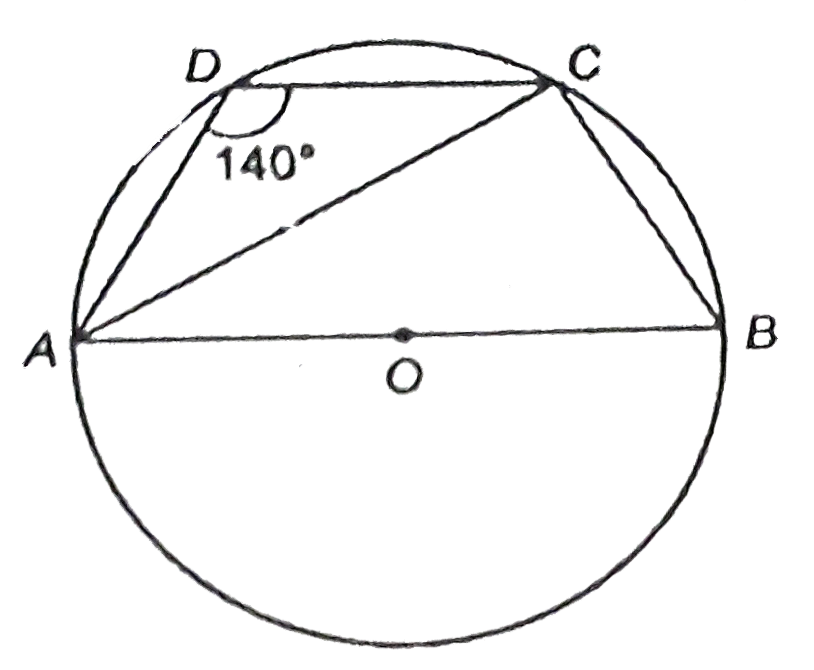A quadrilateral whose opposite sides are parallel is called
a rhombus
a kite
a trapezium
none of these
The correct Answer is:A
To solve the question "A quadrilateral whose opposite sides are parallel is called", we will analyze the options provided and determine which one fits the definition.
1. Understanding the Definition:
A quadrilateral is a four-sided figure. The question specifies that we are looking for a quadrilateral where the opposite sides are parallel.
Hint: Remember that parallel lines never meet and are always the same distance apart.
2. Analyzing Option A - Rhombus:
A rhombus is a type of quadrilateral where all sides are of equal length. In a rhombus, opposite sides are indeed parallel.
Hint: Visualize a rhombus; it looks like a diamond shape with opposite sides parallel.
3. Analyzing Option B - Kite:
A kite is a quadrilateral with two pairs of adjacent sides that are equal. However, a kite does not necessarily have parallel sides.
Hint: Think about the shape of a kite; it has equal sides but not parallel opposite sides.
4. Analyzing Option C - Trapezium:
A trapezium (or trapezoid in some regions) is defined as having at least one pair of opposite sides that are parallel. However, it does not have both pairs of opposite sides parallel.
Hint: Picture a trapezium; it has one pair of parallel sides but not two.
5. Analyzing Option D - None of these:
This option suggests that none of the previous options fit the definition. However, we have already established that a rhombus does meet the criteria.
Hint: If you find a correct option, then "none of these" cannot be the answer.
6. Conclusion:
Based on the analysis, the only quadrilateral from the options given that has both pairs of opposite sides parallel is a rhombus. Therefore, the answer is:
Answer: A quadrilateral whose opposite sides are parallel is called a rhombus.
A quadrilateral is a four-sided figure. The question specifies that we are looking for a quadrilateral where the opposite sides are parallel.
A rhombus is a type of quadrilateral where all sides are of equal length. In a rhombus, opposite sides are indeed parallel.
A kite is a quadrilateral with two pairs of adjacent sides that are equal. However, a kite does not necessarily have parallel sides.
A trapezium (or trapezoid in some regions) is defined as having at least one pair of opposite sides that are parallel. However, it does not have both pairs of opposite sides parallel.
This option suggests that none of the previous options fit the definition. However, we have already established that a rhombus does meet the criteria.
Based on the analysis, the only quadrilateral from the options given that has both pairs of opposite sides parallel is a rhombus. Therefore, the answer is:
Topper's Solved these Questions
Similar Questions
Complete each of the following statements by means of one of those given in brackets again each: If one pair of opposite sides are equal and parallel, then the figure is ............... (parallelogram, rectangle, trapezium) If in a quadrilateral only one pair of opposite sides are parallel, the quadrilateral is .............. (square, rectangle, trapezium) A line drawn from the mid-point of one side of a triangle .................. another side intersects the third side at its mid-point. (perpendicular to, parallel to, to meet) If one angle of a parallelogram is a right angle, then it is necessarily a .................... (rectangle, square, rhombus) Consecutive angles of parallelogram are ...................... (supplementary, complementary) If both pairs of opposite sides of a quadrilateral are equal, then it is necessarily (rectangle, parallelogram, rhombus) if opposite angles of a quadrilateral are equal, then it is necessarily a ................... (parallelogram, rhombus, rectangle) If consecutive sides of a parallelogram are equal, then it is necessarily a ............. (kite, rhombus, square)
View SolutionThe quadrilateral, whose four sides are equal, is a square
View SolutionA quadrilateral having one and only pair of parallel sides is called:
View SolutionIn the adjoining figure, ABCD is a cyclic quadrilateral whose side AB is the diameter of the circle . If ∠ADC=140∘ , then find the value of ∠BAC.

View SolutionShow that the opposite sides of a parallelogram are equal.
View SolutionIn Figure, ABCD is a field in the form of a quadrilateral whose sides are indicated in the figure. If ∠DAB=900 find the area of the field.
View SolutionIn figure, ABCD is a field in the form of a quadrilateral whose sides are indicated in the figure. If ∠DAB=900, Find the area of the field.
View SolutionIf two opposite sides of a cyclic quadrilateral are equal, then the other two sides are parallel.
View SolutionA quadrilateral is a parallelogram if its opposite sides are equal.
View SolutionTheorem 8.3 : If each pair of opposite sides of a quadrilateral is equal, then it is a parallelogram.
View Solution
